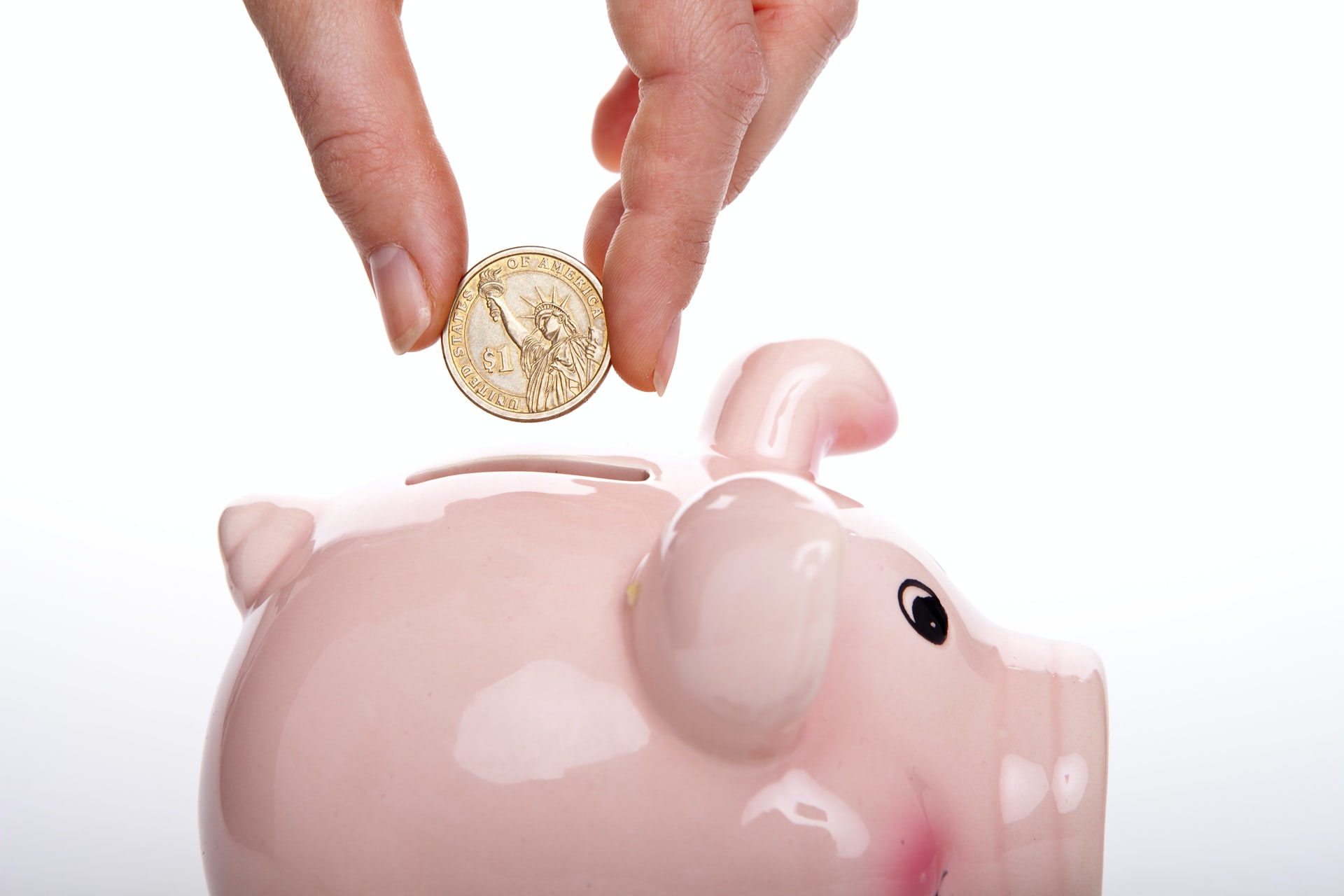It is a proven fact that making money habits always take a considerably long time. However, it is always good to start small with things you can do every day. This is especially true if you want to make any new lifestyle change. Admitted, it is inevitable to spend on the basic needs like food, gas and rent, but there are certain ways to lower your overall spending. If you succeed in this regard, you will be able to put more money towards retirement, a house, personal investments, emergency funds, etc. This article will guide you about certain activities you can add to your day to help you save more money toward your long-term financial targets. Here are the ways to do so. Let’s read on.
- Track your daily expenses sensibly
You must keep track of the money you spend every day. To do so efficiently, you may use any type of budget or budgeting app in order to monitor your daily spending. Doing so will help you better point out the areas you can easily cut back on. On the contrary, not knowing properly how much money is going out and in may cause you financial anxiety. Through tracking your daily spending, you will be better able to get a true picture of your money. In this way, you will enhance the chances for making smarter money decisions on the go.
- Switch from in-person to online
In-person working in any field costs you more as compared to the one online. For instance, if you are taking in-person classes to learn some musical instrument such as the piano, you must be spending a reasonable amount for this. You may switch to online classes or use online learning apps as they are also as good and a little cheaper, too. Piano lessons online will prove both economical and time saving. The same you may apply to other areas of your everyday life as well.
- Try your best to eat at home
Eating home-made dishes at home helps you save both your money and good hygiene. Though it is difficult to develop this habit at first, you will get used to it gradually. You will be eating healthier while on a budget as well. Likewise, try your best to manage to buy different grocery items once in a week and that, too, in bulk in order to save more money at the grocery store. You may use grocery coupons and other saving options in this context. Remember, all this never means that you must not dine out with your family or friends at some restaurant. You may opt to visit some good restaurant once in a week especially on the week-ends.
- Wait 30 days before you buy
Impulse spending is another worst factor that spoils your whole scheme of budget. If you are an impulse buyer, try your best to refrain from it. Worse still, you often impulsively buy what you want not what you actually need. Hence, it will be very wise if you develop a habit not to buy before it is 30 days since your last buy. This 30-day rule will help you better identify your needs from your wants and reduce your impulsive spending a lot. Moreover, you must always be trying your hardest to curb excessive spending on things you actually never need.
- Unplug energy-draining electrical devices to cut short energy bills
There is always a worst drain of money if you keep the electrical appliances plugged in when they are not in use. It is really a financially and environmentally sustainable habit to always unplug your energy-draining devices the soonest you have used them. Phone chargers, computer cords, coffee pots, etc. use up a lot of energy and prove them vampire energy drainers. You may reduce your energy bill by keeping them unplugged if they are not in use anymore. All this may reduce your energy bill by up to 20 percent. Using smart power cords and other energy-saving features of your electrical devices such as the sleep mode, etc. can help a lot to minimize the energy bill to an affordable level.



 Bitcoin
Bitcoin  Ethereum
Ethereum  Tether
Tether  XRP
XRP  Solana
Solana  USDC
USDC  Cardano
Cardano  TRON
TRON  Lido Staked Ether
Lido Staked Ether  Avalanche
Avalanche  Toncoin
Toncoin